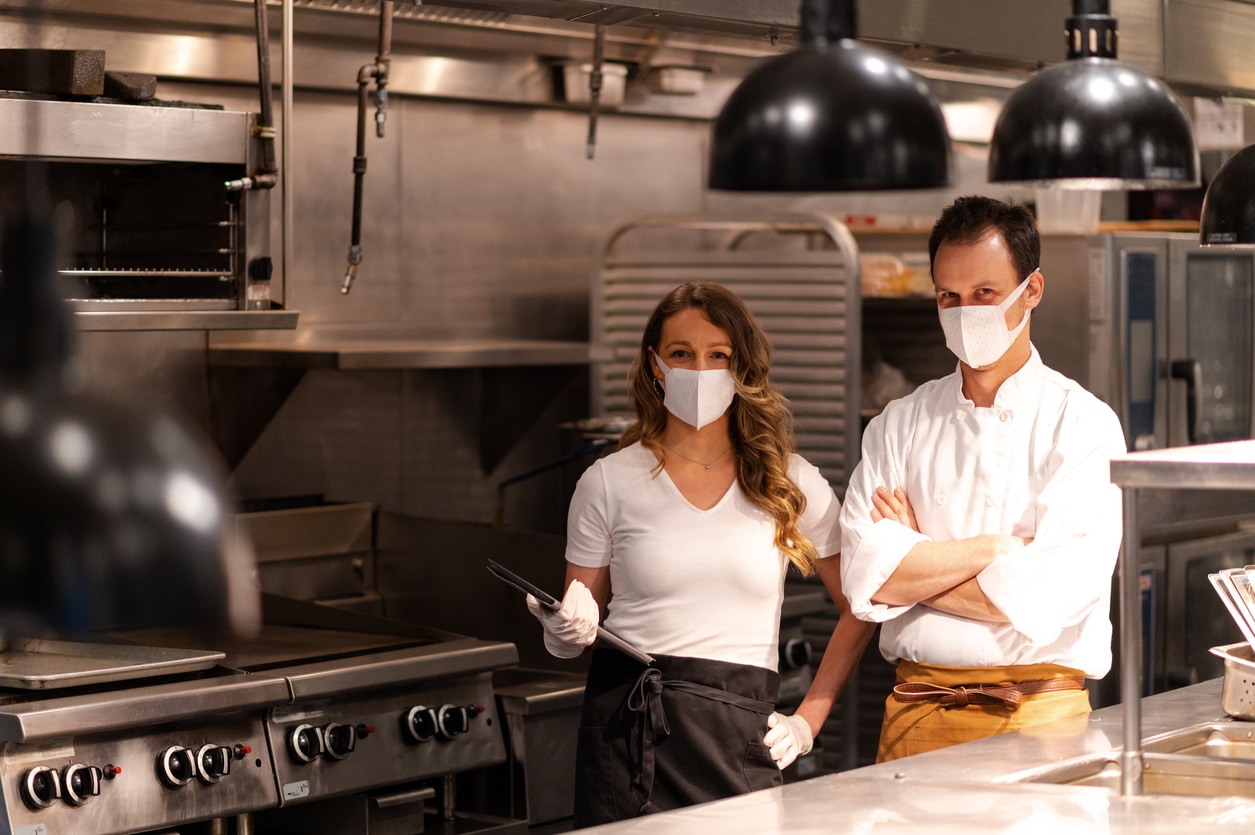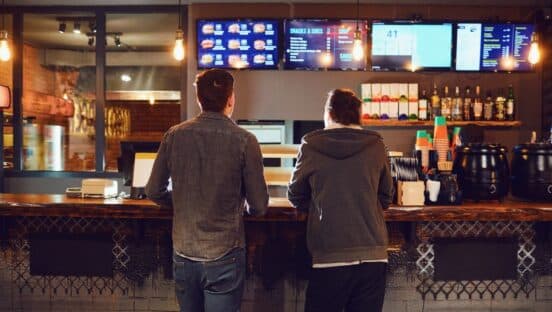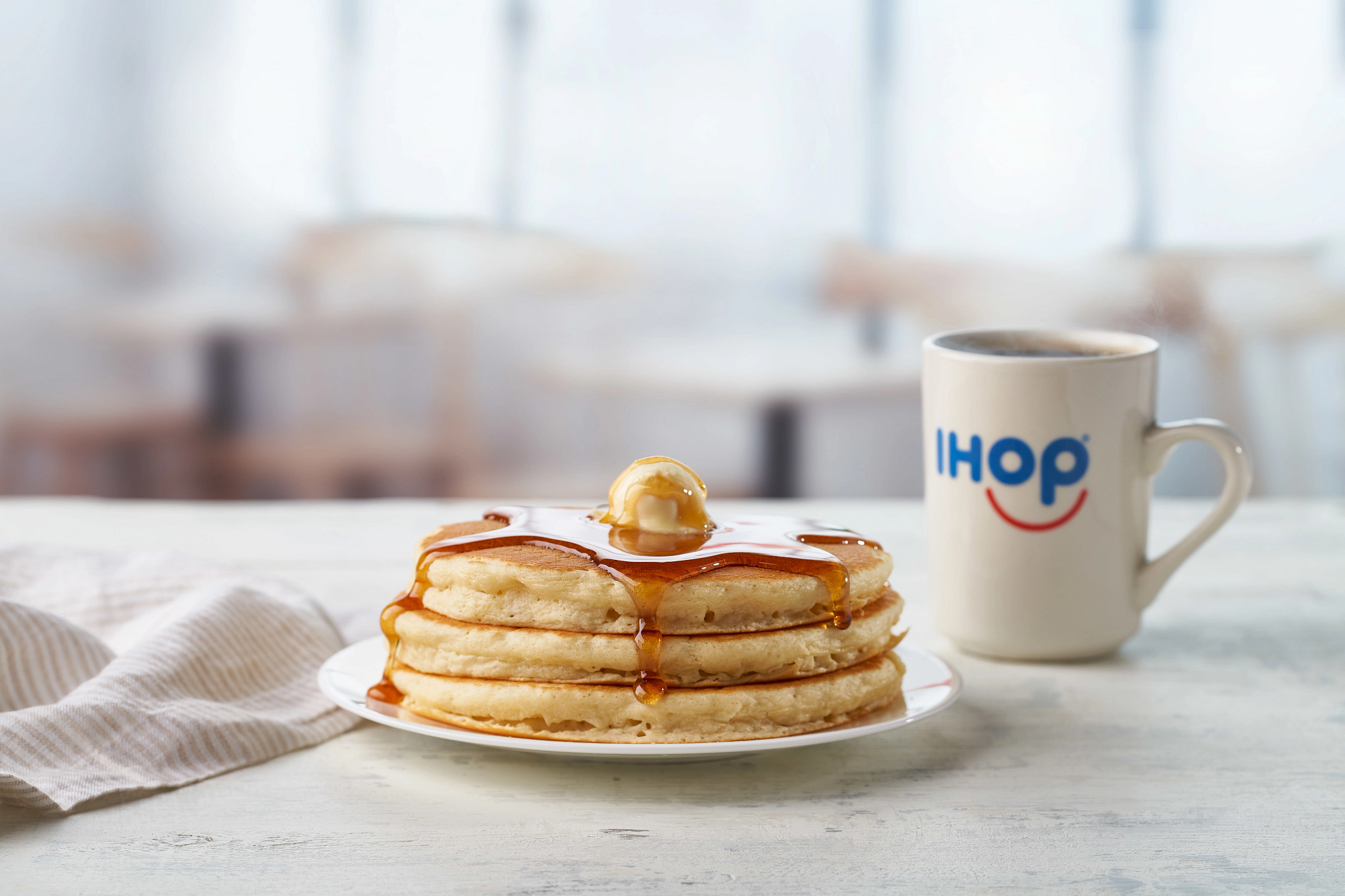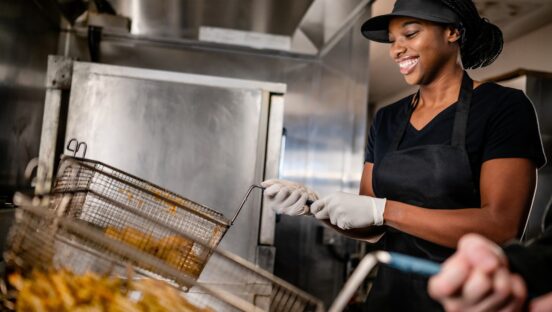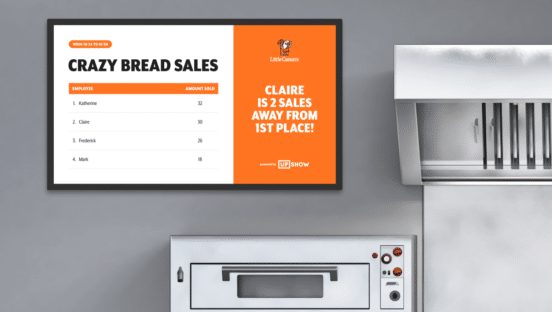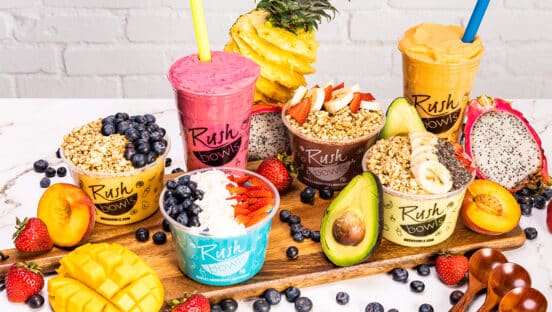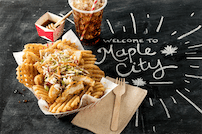There is no question the COVID-19 pandemic has brought changes to the foodservice industry at an unprecedented rate. Yet while most quick-service brands have faced operational and financial difficulties, some have found innovative ways to drive increased sales. One such method is by adding virtual restaurant brands to existing stores.
Though ghost kitchens and virtual brands—concepts that operate for take-out and delivery only—existed prior to the pandemic, this segment of the industry has seen massive growth in recent months as more consumers have become comfortable with off-premises dining.
“People are ordering more food for delivery than at any time in history,” says Gio Chimento, head of strategic projects at Nextbite, a company that owns a portfolio of 12 delivery-only virtual restaurant brands. “Even our CEO, Geoff Madding, says his mother, who is now in her 70s, is ordering food online and through delivery apps.”
With this massive industry-wide shift, it’s unsurprising that Nextbite, which was only founded in spring of 2019, has seen tremendous growth in 2020. Chimento says the company hit its expansion goals for all of 2020 in May and has continued to grow ever since.
In addition to a strong mix of brand offerings, what makes Nextbite so successful in this restaurant environment is the fact that the company doesn’t open or operate any of its own locations. Instead, it partners with commercial kitchens, which can operate Nextbite brands alongside their own concepts to generate additional sales during off-peak dayparts without the burden of launching an entirely new restaurant.
“We enable incremental sales through our virtual restaurant brands via digital channels,” Chimento says. “I like to say we’re like an LTO that any licensed, commercial kitchen can turn on to boost sales.”
Additionally, it’s not only profitable for restaurants to work with Nextbite, it’s also simple thanks to the company’s streamlined communication tools. While restaurants are responsible for executing Nextbite brand menus, Chimento says Nextbite acts as a coach and rolls out new content for restaurants via PlayerLync, a digital communication and learning-management platform that uses video to engage crew members.
“Onboarding is all about encouraging, engaging, and exciting people,” Chimento says. “We use PlayerLync as a direct channel to communicate with restaurants.”
From answers to frequently asked questions to culinary resources and support, Nextbite uses PlayerLync to easily distribute content to each location faster and more easily than it could if it had to print recipes and resources and mail them to each store. At the same time, PlayerLync also lets Nextbite track how the digital materials are being used so that the company can improve content to further boost engagement.
“We have a multi-unit fulfillment partner in Houston who said that PlayerLync was a great way to roll out content,” Chimento says. “They said it has been a great resource for them, and they appreciate the level of detail and the consistency we have as a result.”
Whether Nextbite has changed menus to offset distribution issues due to COVID, or whether it’s communicating recipes and training procedures, Chimento says PlayerLync has made communicating with frontline employees easy when they need it most.
“It would take an army to communicate with every manager and line cook involved in executing our brands, and you wouldn’t know if messages were being delivered consistently,” Chimento says. “Plus, when you print and laminate recipes, you can’t track who is using what. But PlayerLync is a concentrated content repository that allows us to echo communications in ways that are consistent, clean, and ready to go anytime.”
Though COVID-19 has certainly driven growth in off-premises dining, Chimento says he thinks ghost kitchens will continue to thrive, even after the pandemic. But no matter how much the ghost kitchen model grows in the future, communication will play a key role in making brands successful.
“Restaurants are neighborhood gathering places, and delivery will never replace that,” Chimento says, “but delivery dollars aren’t going to go away. The pandemic has accelerated demand for our product so that it far exceeded our estimates. PlayerLync was able to not only handle our growth, but it was also instrumental in us being able to grow as quickly as we did. It’s a useful tool that we’ve heavily relied on, and we’re just getting started.”
To learn more about operating a ghost kitchen, visit the Nextbite website. To learn more about how to improve training and communication at your brand, visit the PlayerLync website.
By Peggy Carouthers

